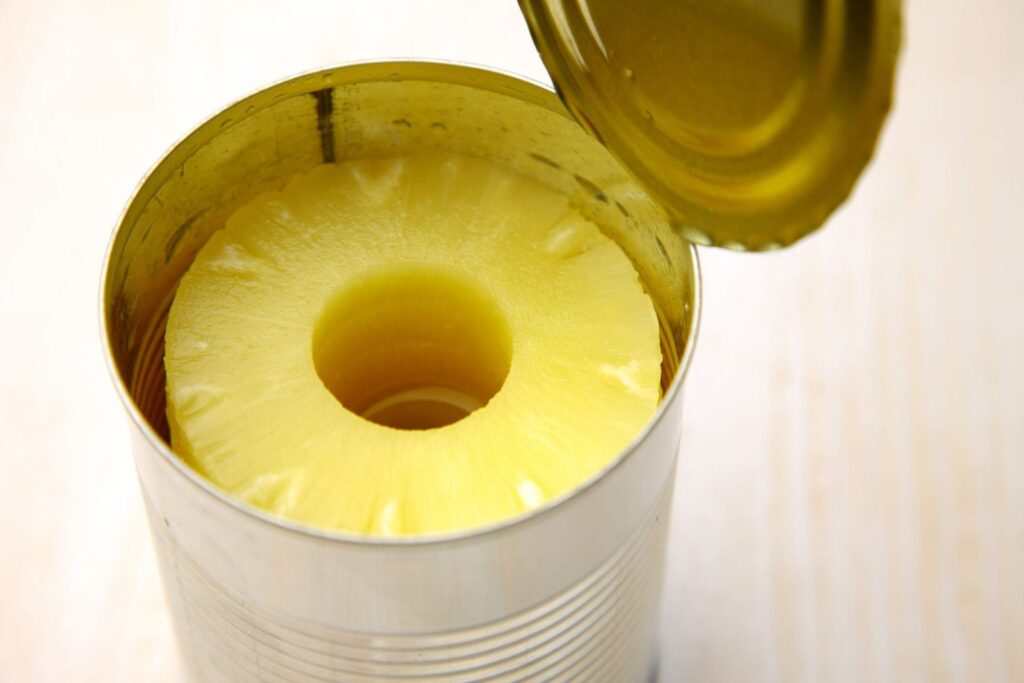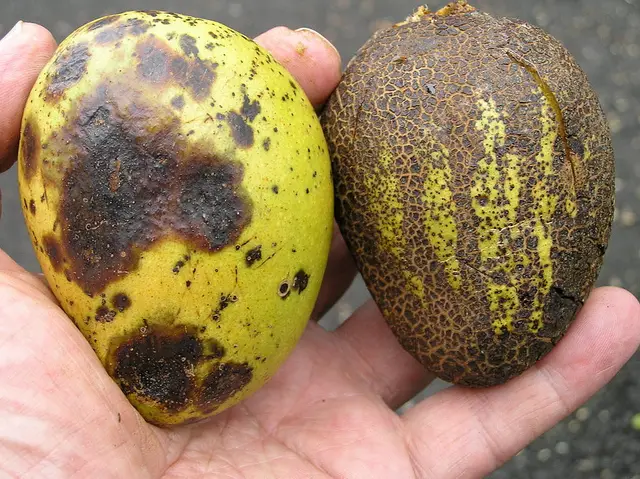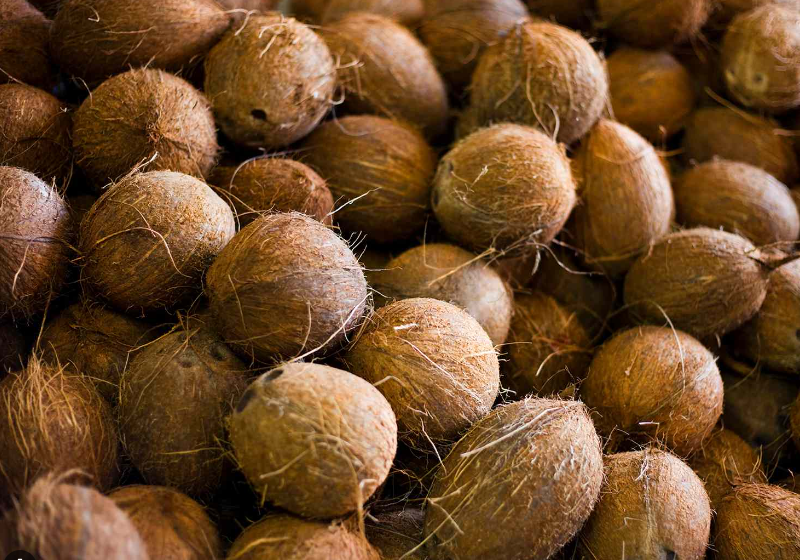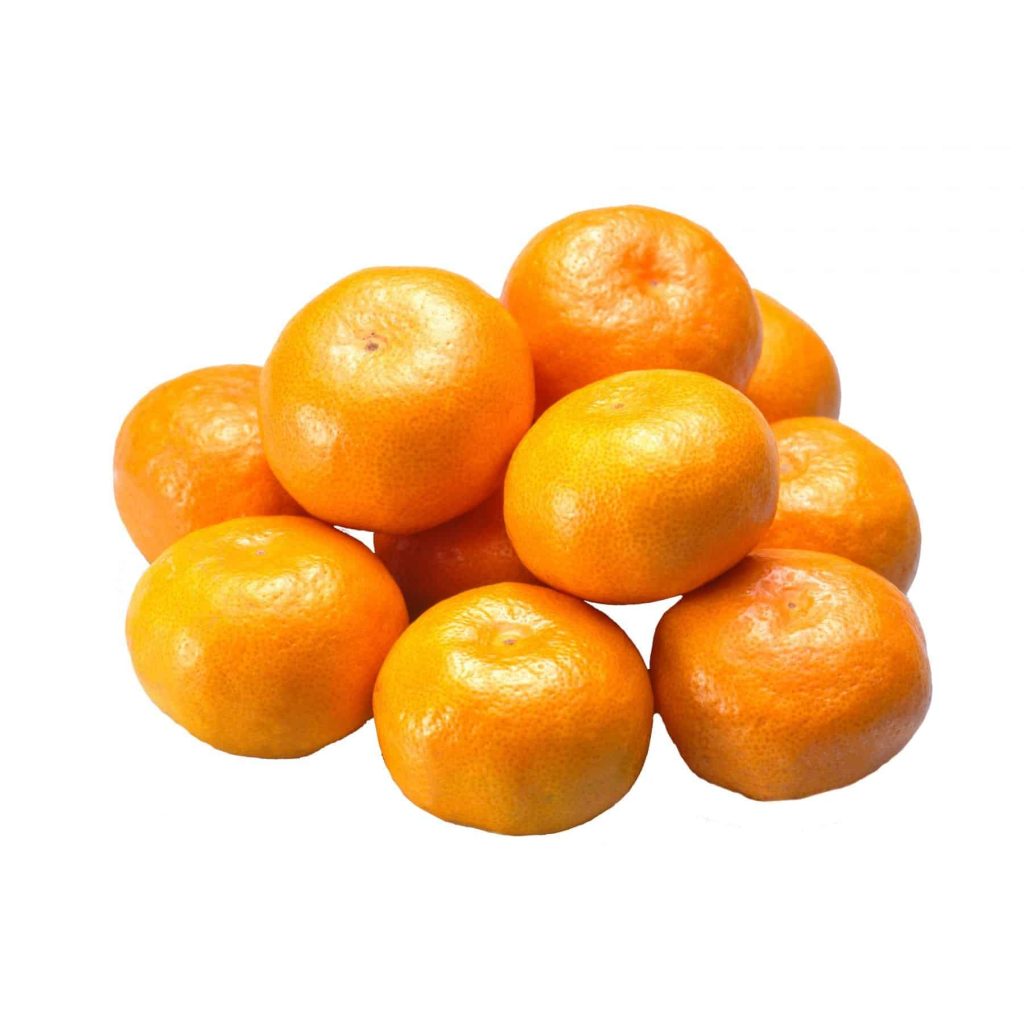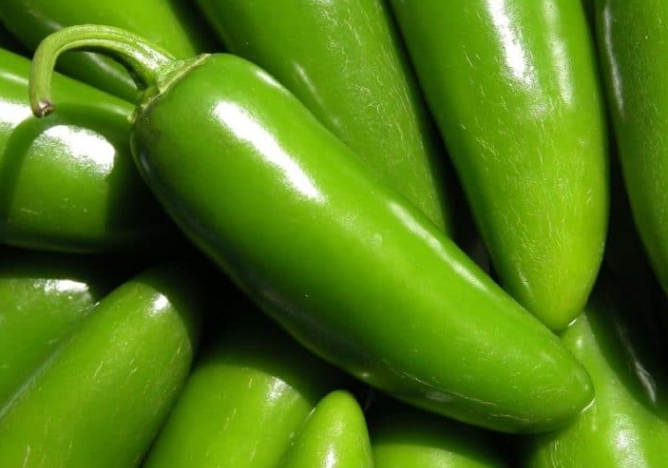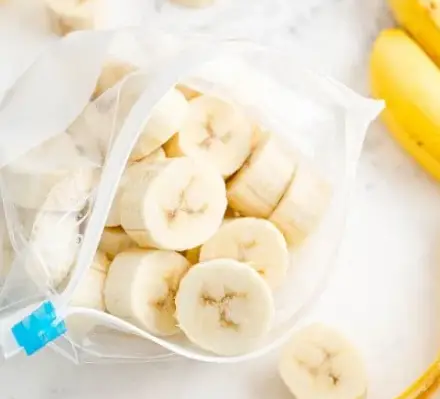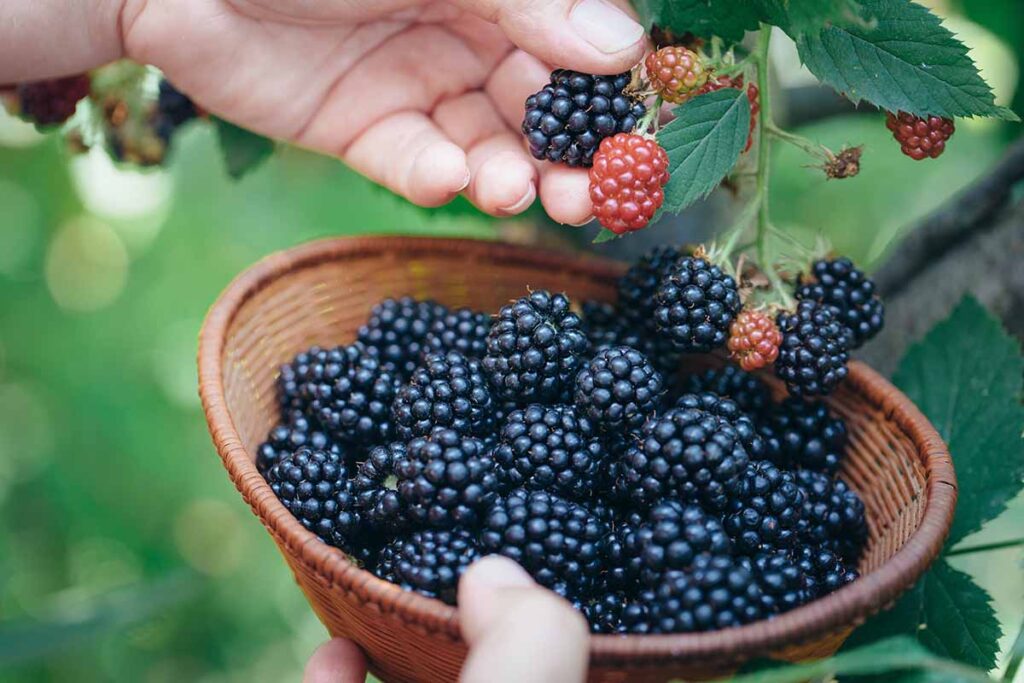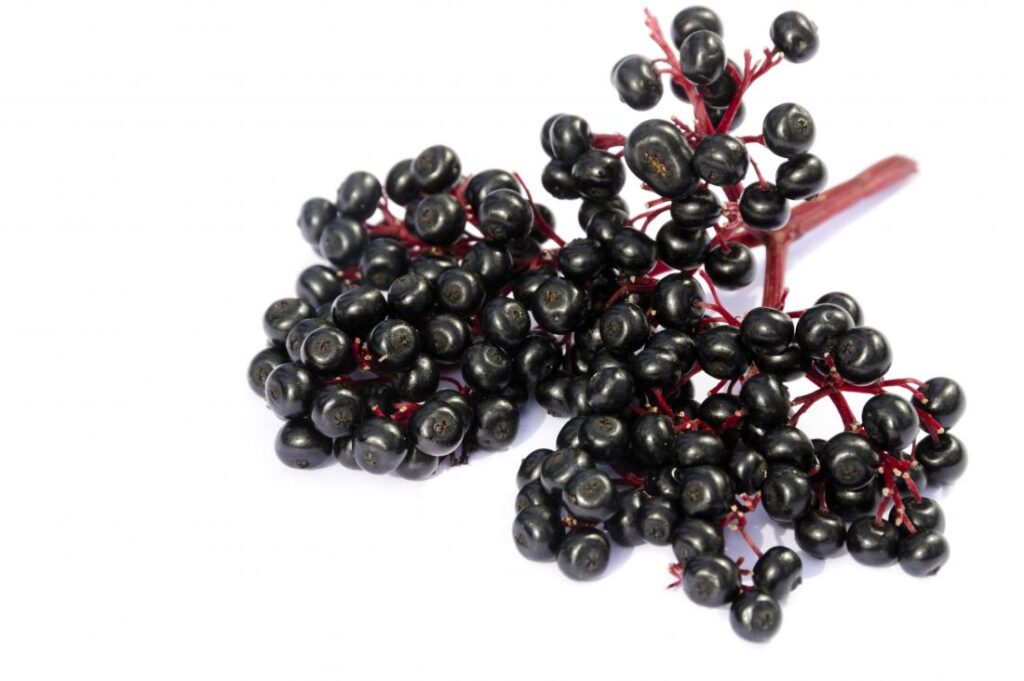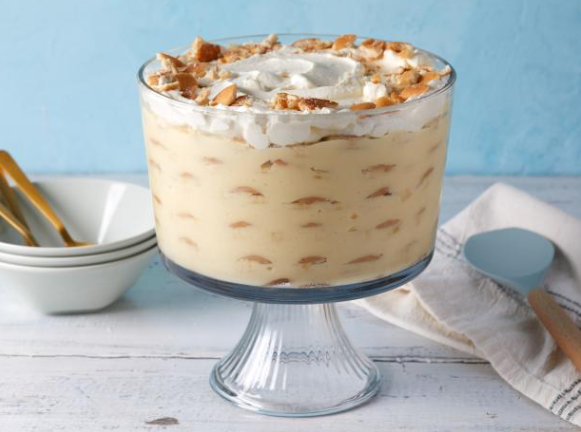Want to prune your elderberry bushes just like an expert gardener? You are in the perfect spot! It’s very important to prune elderberry bushes the right way so that they grow healthy and strong. In this article, we’ll give you helpful advice and steps to follow. This will help your elderberry bush grow more fruit and look beautiful too.
Pruning is a big part of gardening. You should not do it quickly or without a plan. Elderberry bushes need you to prune them often and right, so they can grow big fruits and stay healthy. We have made a detailed guide with steps on how to prune elderberry bushes like an expert. This guide will help you get the best results and have a great-looking plant all year.
Table of Contents
- Step-by-Step Guide to Prune Elderberry
- Step 1 – Find and mark the dead, sick, or broken branches with ribbon or tape
- Step 2 – Cut off the marked branches at the base with pruning shears
- Step 3 – Thin out crowded branches by cutting the weaker ones at the base
- Step 4 – Take out branches growing toward the middle of the bush
- Step 5 – Remove branches that are crossing or touching each other
- Step 6 – Cut away suckers from the plant’s base
- Step 7 – Shape the plant by trimming extra branches
- Step 8 – Clean your pruning shears with alcohol to avoid spreading diseases
- Step 9 – Use a balanced fertilizer at the base after pruning
- Step 10 – Water the plant well after pruning
- All Done
Step-by-Step Guide to Prune Elderberry
Step 1 – Find and mark the dead, sick, or broken branches with ribbon or tape
Before you start pruning, you need to see which branches need to be taken off. This includes branches that are dead, sick, or broken.
- Dead branches will feel dry, be easy to break, and might not have leaves or blooms.
- Sick branches might look different, like having dark or brown spots, wilting, or strange shapes.
- Broken branches could have cracks or breaks, and may have been hurt by bugs, animals, or bad weather. convey an emotion /wp:list-item -->
When you see these signs, wrap some ribbon or tape around these branches to remember to cut them and to keep from cutting the good ones by mistake.
When you know which branches to cut, use sharp pruning shears for a clean cut. Be careful with the plant to help it grow well.
Step 2 – Cut off the marked branches at the base with pruning shears
Now you’ve found the bad branches, it’s time to prune. Cut away any that are dead, sick, or broken. These kinds of branches can make it easy for pests and sicknesses to attack the rest of the plant.
Use your pruning shears to cut these branches right at their base near the bigger stem. Make sure your cut is neat and straight so the plant doesn’t get hurt.
Step 3 – Thin out crowded branches by cutting the weaker ones at the base
If your elderberry plant has too many branches close together, you should remove some to make it healthier and better looking.
Look for branches that are too close and cut away the weaker ones at the base.
This will make air flow better and let more sunlight reach the plant, which helps the plant grow healthily and make fruit.
Step 4 – Take out branches growing toward the middle of the bush
Sometimes branches on an elderberry grow toward the middle. These branches can stop other branches from growing right and can make your plant look messy.
To make your elderberry bush look nicer, cut those middle-growing branches at the base. This will keep the plant’s structure healthy and neat.
Step 5 – Remove branches that are crossing or touching each other
At times, branches might cross or touch each other. This can lead to breaks and damage and can also make your plant look wild.
To fix this, trim the branches that are crossing or in contact. This keeps your plant in good shape and looking tidy.
Step 6 – Cut away suckers from the plant’s base
Suckers are little shoots that grow quickly from the bottom of the elderberry bush. They can take energy and food away from the main plant and make it look cluttered.
To remove these suckers, just trim them right at the base with pruning shears. Make sure the cut is straight to avoid hurting the plant.
Step 7 – Shape the plant by trimming extra branches
After trimming away the bad branches and the ones growing too close, you can start shaping the plant.
Cut any branches that are too long or not fitting the shape you want for the plant. This will keep your plant looking good and well structured.
Step 8 – Clean your pruning shears with alcohol to avoid spreading diseases
Always clean your pruning tools before using them. Wipe the blades with a cloth dipped in rubbing alcohol. This stops bacteria and fungus from spreading to your other plants and helps keep your garden healthy.
Step 9 – Use a balanced fertilizer at the base after pruning
Putting fertilizer on your plant after you prune it helps it heal and grow new, healthy parts. Use a balanced fertilizer meant for fruit trees or shrubs.
Check the instructions for how much to use and how to put it down, then put it around the bottom of your plant. Be careful not to drop any on the leaves.
Step 10 – Water the plant well after pruning
After you prune and feed your elderberry, it’s also very important to water it. Make sure the ground gets plenty of water so it’s moist but not too wet. This helps your plant heal and start growing again. Take care not to overwater as it can lead to problems like root rot.
Keeping up with regular pruning is key to having a happy and healthy elderberry. It helps control how the plant looks and how big it gets. If you prune your elderberry well, it will look amazing and grow fruit for many years.
All Done
Pruning your elderberry bush is a simple but important job. If you follow the guide above, you can do it just like a pro. This will make sure your elderberry is in top shape for a long time.
Always use pruning tools that are sharp and clean, and disinfect them before each use. After you’re done pruning, feed your plant and water it well. If you take good care of your elderberry, it will grow beautifully and give you tasty berries for many years.
